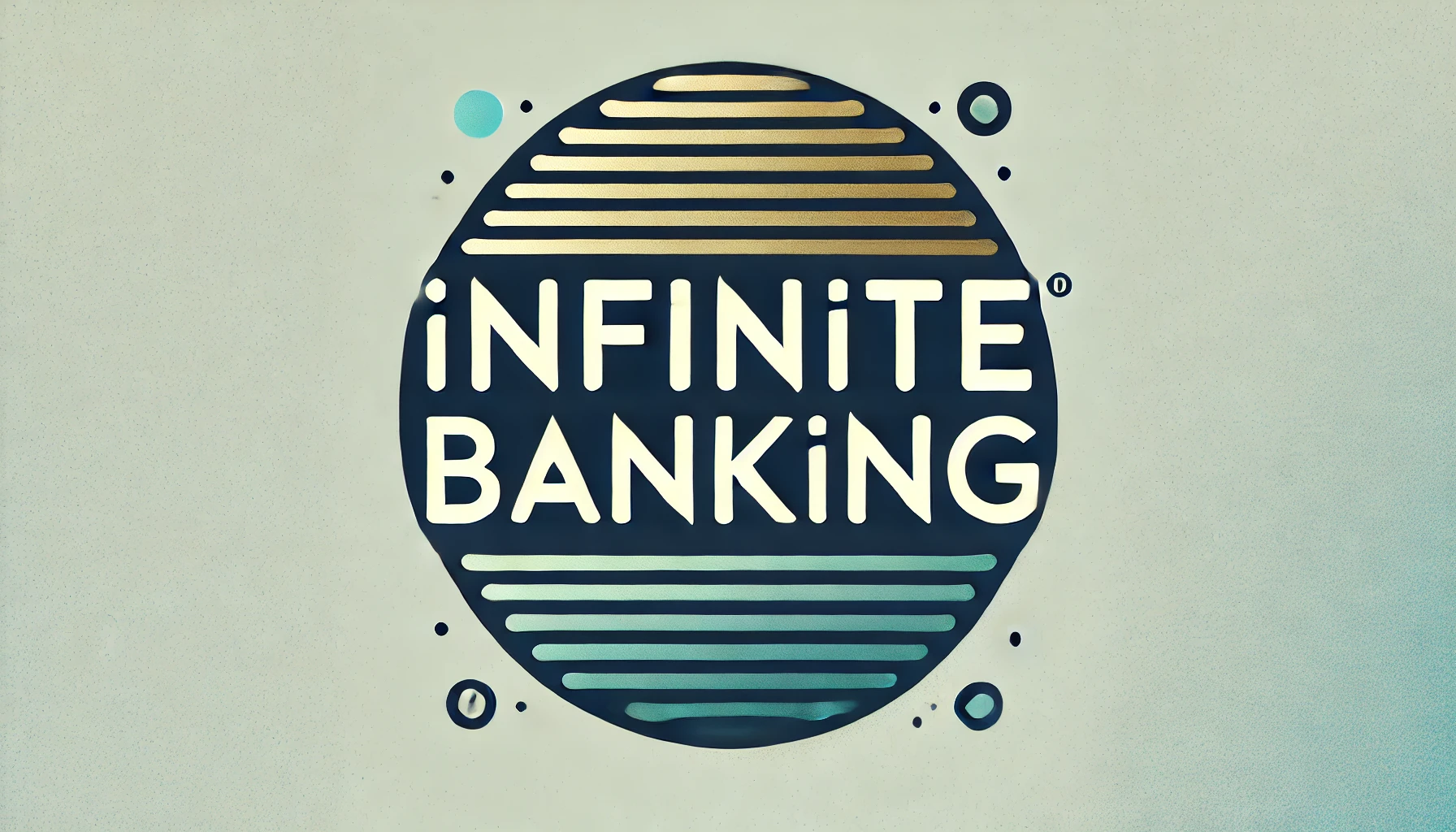Infinite Banking is a financial strategy first introduced by R. Nelson Nash that involves using a whole life insurance policy to create your own source of financing. By leveraging the cash surrender value of your life insurance policy, you can borrow money for various needs without relying on traditional banks.
How Does It Work?
A whole life insurance policy not only provides a death benefit to your heirs but also accumulates cash value over time. This cash value can be used as collateral for loans. Think of it like a home equity loan, where your house serves as collateral. Here, your life insurance policy plays a similar role.

For example, if you have built up significant cash value in your policy, you can borrow against it. This means you’re effectively lending money to yourself using the policy as collateral, without involving a bank.
Benefits of Infinite Banking
- No Bank Involvement: You can access funds without dealing with a traditional bank, allowing you to maintain control over your finances.
- Tax Advantages: In many cases, borrowing against your policy doesn’t trigger immediate tax liabilities, making it a tax-efficient way to access cash.
- Flexibility: The borrowed money can be used for various purposes—emergencies, investments, starting a business, or even retirement planning.
- Continued Coverage: Despite borrowing against it, your life insurance coverage remains intact, ensuring that your beneficiaries are protected.
Steps to Start Infinite Banking
- Purchase a Whole Life Insurance Policy: Shop around for the best policy that fits your needs. Typically, you’ll buy this policy directly from an insurance company or broker.
- Pay Premiums: Regularly pay your premiums. A portion of these payments will be invested by the insurer, growing the cash value of your policy.
- Borrow Against Your Policy: After accumulating enough cash value, you can borrow against it. This borrowed amount can be used for any purpose you choose.
Disadvantages of Infinite Banking
- Interest and Fees: Borrowing against your policy isn’t free—you’ll have to pay interest on the loan, and there may be fees involved.
- High Premium Costs: Whole life insurance can be expensive. For example, a $500,000 policy might cost a 35-year-old anywhere from $260 to $315 per month.
- Impact on Death Benefit: If you don’t repay the loan, the death benefit paid to your heirs will be reduced by the amount of the outstanding loan.
- Long-Term Commitment: This strategy works best over the long term, requiring you to maintain the policy and repay the loan over many years.
Special Considerations
- Insuring a Child: You can start an Infinite Banking strategy by insuring a child. The cost is much lower, and the policy can build substantial cash value over time, offering the child financial flexibility in adulthood.
Is Infinite Banking Right for You?
Infinite Banking isn’t for everyone. It requires a strong financial commitment and may not be suitable if you’re struggling financially. Consulting a financial professional who understands this strategy is crucial. They can help you determine if it aligns with your financial goals or if another investment or debt management strategy would be more appropriate.
FAQ
1. What is Infinite Banking?
Infinite Banking is a financial strategy that allows you to borrow against the cash value of your whole life insurance policy, effectively using it as your own bank.
2. How do I start Infinite Banking?
You start by purchasing a whole life insurance policy, paying premiums, and then borrowing against the accumulated cash value of the policy.
3. What are the risks of Infinite Banking?
The main risks include high premium costs, the need to pay interest on loans, and the possibility of reducing the death benefit if loans aren’t repaid.
4. Is Infinite Banking suitable for everyone?
No, it’s a long-term strategy that requires financial stability. It’s important to consult with a financial advisor to see if it’s the right fit for you.
5. Can I use Infinite Banking to fund large expenses?
Yes, the borrowed funds can be used for various purposes like starting a business, investing in real estate, or supplementing retirement income.




